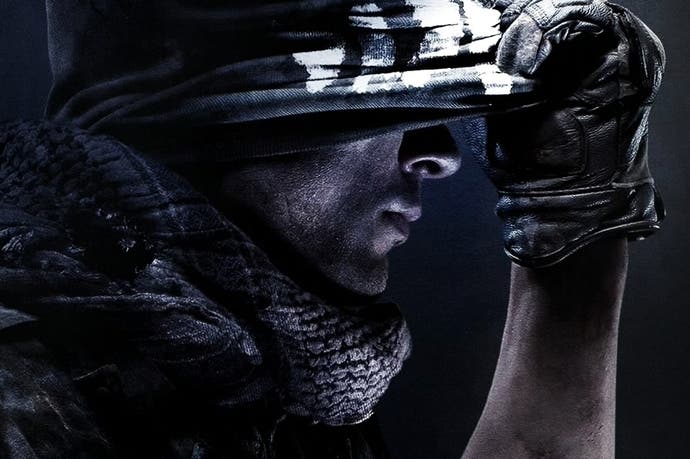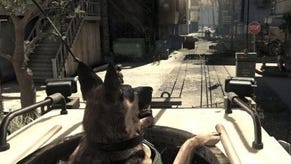Call of Duty: Ghosts Xbox One patch hits performance
Frame-rates lower than launch version.
Last week Infinity Ward released an update for Call of Duty: Ghosts, designed to prepare the game for the recently released Onslaught DLC in addition to implementing various bug fixes, new features and balance tweaks to the title's multiplayer mode. The goal was to create a more stable and fairer online experience that is better suited for tournament play, but shortly after the patch went live players started noticing significant performance issues with the Xbox One version of the game, to the point where even "sub-20" frame-rates were reported.
Recent feedback indicates the new frame-rate issues appear most prominently on the Stonehaven level, with explosions and alpha-based effects appearing to cause these fluctuations. The reports are somewhat worrying, given that the Xbox One version of Ghosts previously had no notable frame-rate problems outside of the campaign mode, with online multiplayer featuring action mostly locked at 60fps with very few dips in performance. While resolution may be unimpressive at 720p, Ghosts on Xbox One mostly delivered the 60fps gameplay that defines the series.
Bearing in mind that reports on game patches tend to be based purely on perception, we decided to run some fresh multiplayer captures through our analysis tools in order to get to the bottom of the issue. We loaded up the standard Team Deathmatch mode and recaptured gameplay on some of the key maps allegedly affected by the update, while also introducing Stormfront into the mix - a stage that features regular alpha effects in the form of frequent rain.
Additional analysis:
"The Stonehaven map is clearly the worst affected, but in all maps we see evidence of decreased frame-rates compared to the launch code."
Kicking off with a look at Stonehaven, it's immediately obvious that things are not quite right. While the game does indeed hit 60fps in this stage, frame-rates are dramatically impacted when the whole level is in view, with metrics varying between 46-60fps as we run across the landscape. As frame-rates fall below the desired 60fps target, we also see the appearance of some screen-tear, adding some judder, making drops in smoothness more noticeable.
Meanwhile, aiming down the barrel of a sniper scope can see significant drops down as far as the mid-30s - something we never encountered before in ether next-gen version of Ghosts during multiplayer. As a result of the fluctuating frame-rate we can feel a clear reduction in the responsiveness of the controls, while on a visual level the introduction of stutter impacts the smooth flow traditionally associated with Call of Duty multiplayer action.
On the handful of other maps we tried - both on the standard levels and in the Onslaught DLC - the drops in performance are far less severe, with momentary dips occurring during more hectic moments of play or when explosions and alpha effects are rendered on screen. Controller response is much more solid, and we don't get the feeling that gameplay has been compromised to anywhere near the same extent as we saw on Stonehaven - the experience remains mostly smooth, even though there's a distinct feeling that things aren't quite as stable as they were before the latest patch was installed.
Overall, it's clear that the experience isn't significantly broken across the multiplayer game, even though the update has impacted on the stability of the game to a noticeable degree. With that said, the fact that a patch designed to improve the game can actually significantly degrade performance and negatively affect the gameplay is clearly disappointing, and we would hope that it will be addressed. For the record, we also tested out the PS4 version of Call of Duty: Ghosts online and found no change to the performance level we saw at launch - not as smooth as Xbox One, but with a much higher rendering resolution.
Quite why the Xbox One version appears to run less smoothly than it used to remains unclear. We reached out to Activision and Infinity Ward earlier this week in the hopes of shedding more light on what might be causing these issues, but as of this writing, we've received no comment.










